State Of Play: Part 3, The Manufacturer
If there’s one person who should know the Australian two-wheeled industry inside out, sideways, around the bend and back to front, it’s the General Manager of a major motorcycle manufacturer. We were lucky enough to collar former GM of the KTM Group (Australia and NZ), Jeff Leisk, only a few weeks after his 19-year innings leading the illustrious brand came to an end. Leisk has been at the pointy end of racing on the world stage, and has played an instrumental role in KTM’s growth over the past two decades. Here’s what he had to say about the State of Play for the industry in Australia amidst the current Covid-19 drama. If you missed Part 1 or Part 2 of our series you can check them out here: Part 1 – The Administrator; Part 2 – The Promoter.
TM: What have been some of the immediate impacts on your (now former) business – the ones that you expected and perhaps were unexpected, for good or bad?
JL: Fortunately, motorcycle stores have been allowed to trade during the Covid-19 crisis. Some product segments that our dealers are engaged in – like agriculture or commuter bikes that are used for delivery purposes – are essential services that need to be fully supported by dealers, so some avenues of business revenue are still active and allowing dealers to survive during these difficult times. Across the industry, it is also reported that many recreational riders are taking the opportunity of isolation to work on their bike and get it ready for that next ride or race, so that side has been good for parts and accessory sales.
Surprisingly, new bike sales are still quite reasonable (down circa 20 to 30% year-on-year in April, based on my industry sources), which means many riders are still living with tremendous hope and optimism about that next opportunity to ride is not far away.
From the distribution side, it has meant that keeping operations running smoothly is important to support dealers and end user customers. But like most businesses, where possible staff have been working from home to reduce numbers in the office, and motorsport operations have been put on hold until race event calendars can be confirmed.
How quickly did these impacts come about?
During the month of March, everything was changing daily and was very fluid. We had a roadshow planned to introduce my successor, Brad Hagi, to the dealer network, but that was eventually cancelled towards the end of the month as the virus and subsequent restrictions escalated.
What initiatives are you/your business working on to adapt?
My general answer to this is: Due to the downturn in sales revenue, most distributors have put in place measures to support dealers’ cash flow with a range of payment deferral programs.
How have you been impacted by international markets (product availability, currency, etc)?
Supply chains have been hit by the virus in Europe and some production delays are expected, but nothing significant at this stage.
What do you see as the biggest challenges over the next six months?
The main challenge is getting the recreation and sport side of motorcycling underway again. I feel confident that people who are motorcycle riding enthusiasts will respond in a very strong manner, once restrictions are eased and they can ride and race again. The industry at large relies heavily on people using their bikes, regardless of the segment or type of riding undertaken. This is key to all aspects of the industry being prosperous, so it is my belief that the industry needs to support this type of activity across all segments to get back on track and strengthen the economic state of all stakeholders.
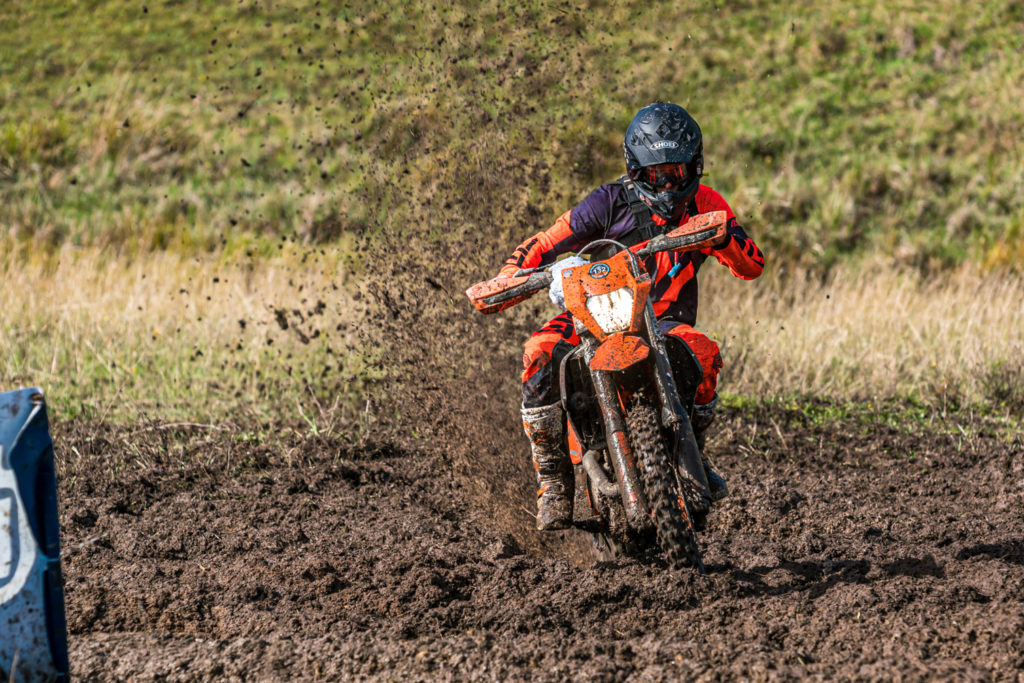
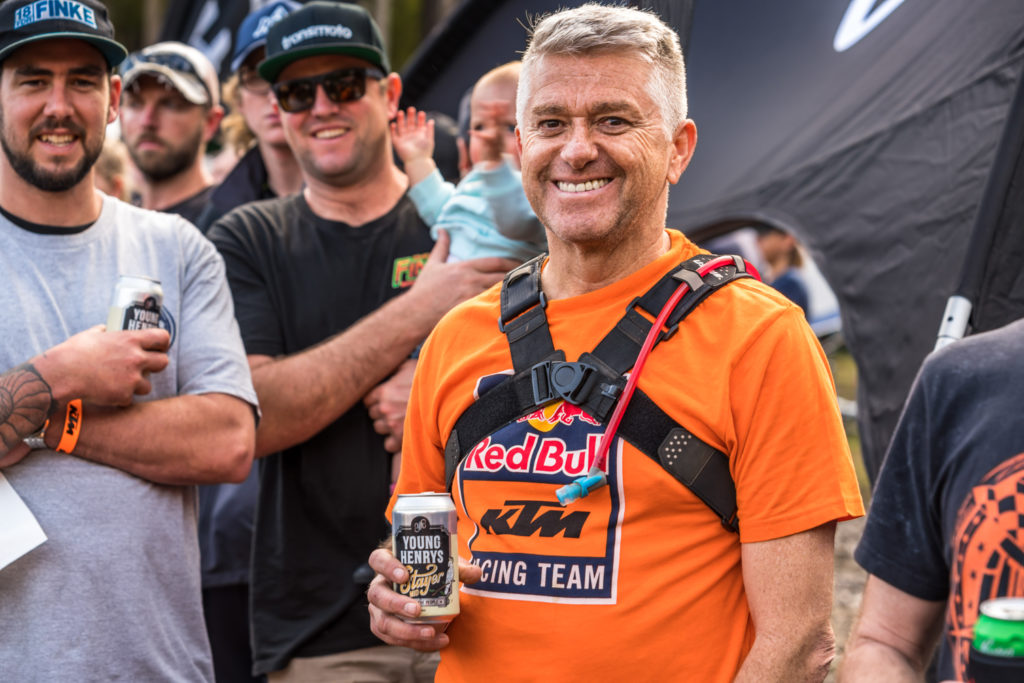
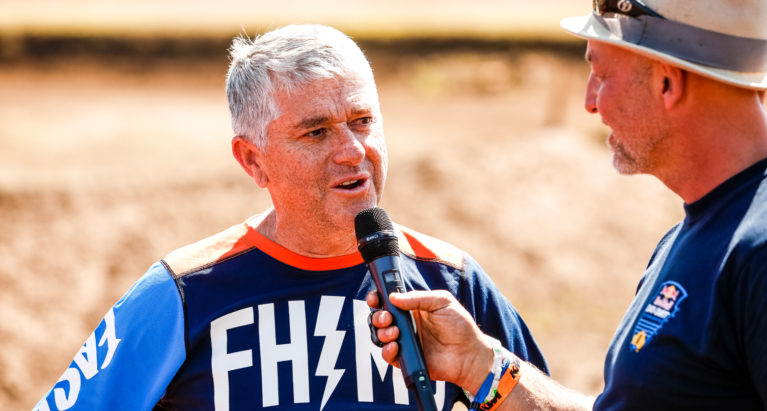


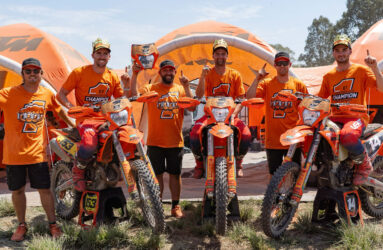
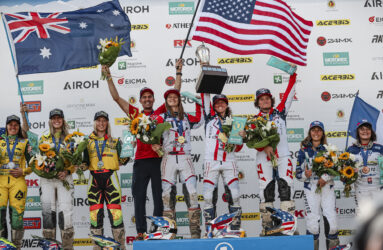
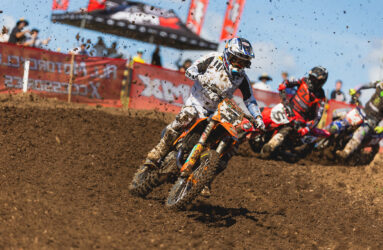
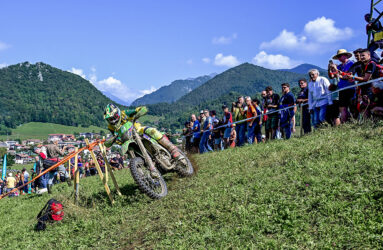
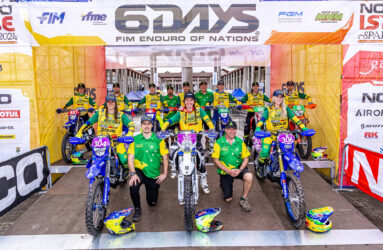
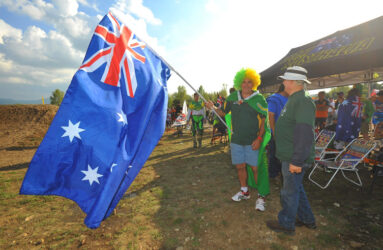
Be the first to comment...